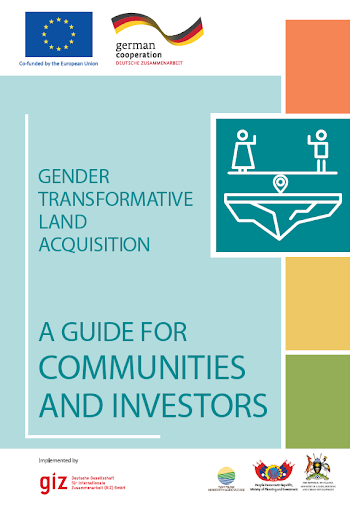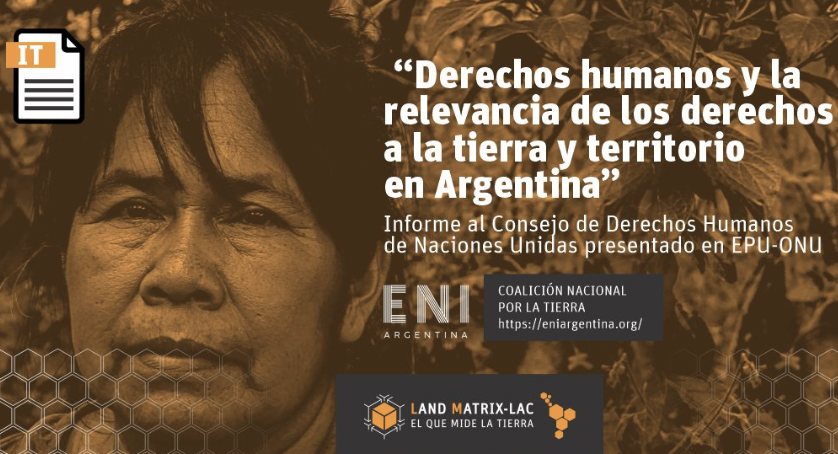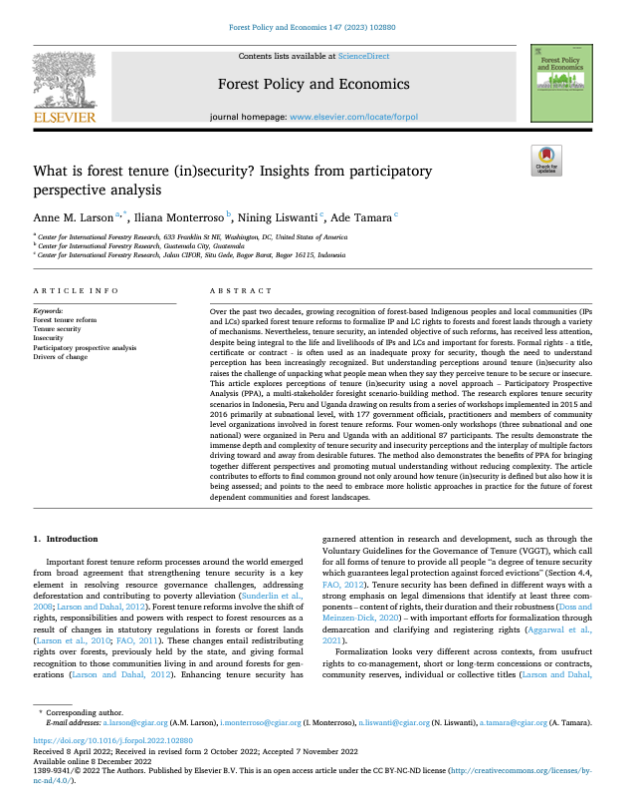Principles of Community Monitoring
This document shares emerging ideas, principles, and good practices to socialize the concept of Community Monitoring among companies and investors in land-based sectors, as well as outline steps they can take to meaningfully engage with Indigenous Peoples, local communities, and Afro-descendant Peoples to monitor and respond to the potential environmental and human rights impacts of their operations, supply chains, or investments.







